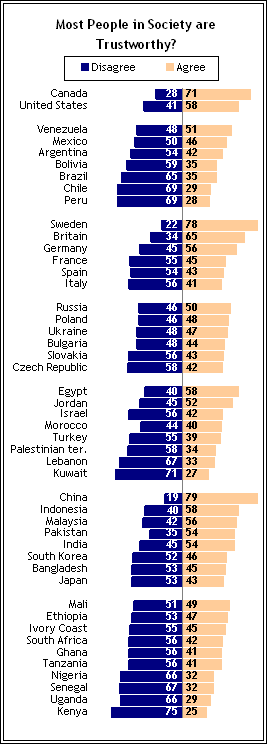Apparently the strong women here need that male authority to come in and save them from ideas they don’t like.
Aren’t there any female mods?
Men being pressured onto sex is not a problem, because men are fully capable.
There’s also the differing anatomy and physiology.
It’s just much less feasible for a woman to get a guy who doesn’t want to have sex to have sex. The results of trying to do so might well be unsatisfactory and embarrassing all around.
Look. If you want to marry a beta-cuck, go right ahead.
I’m not convinced that alphas actually exist, or that if they do exist, that it’s in any sort of large numbers, or that even if it was a possibility to marry one that it would be a good idea.
I only know one possible alpha in my social circle, and he often makes terrible decisions that he’s extremely overconfident about. I suspect “alpha” may be manospherese for “narcissist” or “untreated ADHD.”
Alphas are a) mythological and/or b) overrated.
Notice that you almost never hear a married dad (even in the manosphere) even claim to be alpha.
Related: Unicorns are mythological. There aren’t any unicorns, although there are a lot of decent, conscientious women.
But they were hell-holes for tjousands of years while presumably still being “high-trust”
This honestly is the dumbest thing I’ve ever read.
Imperial China was kind of a big deal in Marco Polo’s day.
I find it funny too that you’re like. “Oh yeah, look at these feminist countries. China. Malaysia. Indonesia. Pakistan. India.”
I was giving examples of upwardly mobile countries that used to be poor, in order to preemptively deal with the argument that wealth by itself causes high trust. I was arguing that being high trust can make countries richer.
With regard to feminism, Scandinavian countries (like Denmark) tend to be a) very high trust b) rich and c) very feminist. Historically Anglo-Saxon countries are also a) relatively high trust b) rich and c) traditionally give women a lot of freedom compared to low trust countries. Those three features tend to coincide. It’s not an accident that they do–high trust nations are able to be more productive and are often able to make more efficient use of women’s labor because they don’t spend as many resources guarding their womenfolk.
On the other hand, it’s very hard for low trust countries to achieve prosperity because prosperity requires cooperation, and you’re not going to cooperate if there’s no trust. Low trust is a recipe for economic stagnation. On the individual level, it’s a recipe for isolation and poverty.


